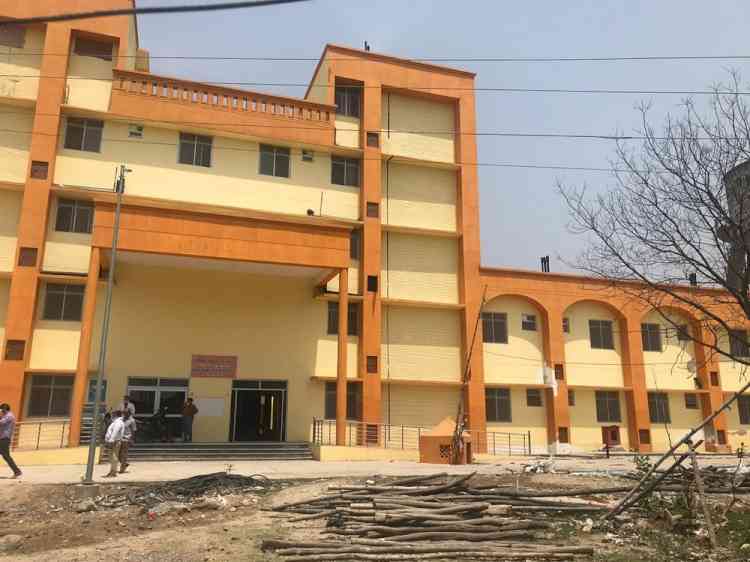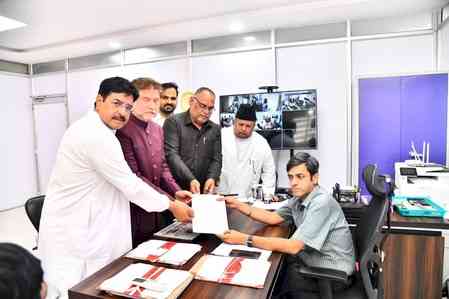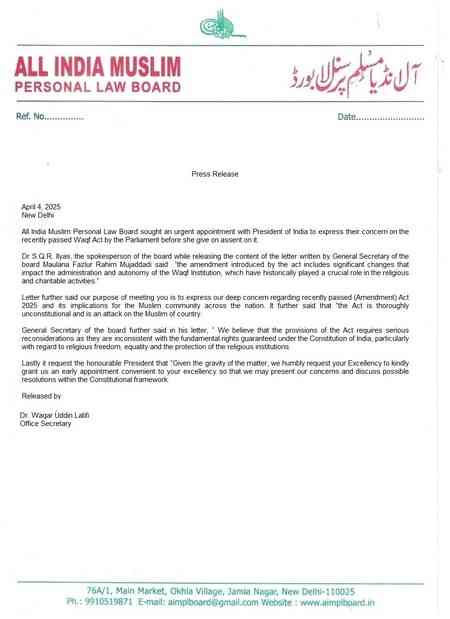Tata Trusts developing 4 hospitals in Maharashtra, UP
Will be ready in 4 to 6 weeks

Chandigarh: Tata Trusts is upgrading four government hospital buildings, two in Uttar Pradesh and two in Maharashtra, into Covid-19 treatment centres. The facilities, including both in-patient and out-patient wings, are permanent and will enduringly enhance health care in their locations, even after the immediate purpose is met.
The Trusts’ intervention follows the Chairman, Mr. Ratan N. Tata’s statement that “urgent emergency resources need to be deployed to cope with the needs of fighting the Covid-19 crisis, which is one of the toughest challenges the human race will face.”
In Maharashtra, the hospitals are at Sangli (50 beds) and Buldhana (106 beds), and in Uttar Pradesh at Gautam Buddha Nagar (168 beds) and Gonda (106 beds). The treatment centres in Uttar Pradesh are in collaboration with a partner organisation. The decision to upgrade existing infrastructure was to bring speed and make use, wherever possible, of existing capabilities and services. The Trusts are attempting to hand over the facilities by June 15, 2020.
Each hospital will be armed with critical care capabilities, minor operation theatres, basic pathology and radiology, facilities for dialysis and blood storage and telemedicine units.
Tata Trusts is harnessing its experience in establishing cancer care facilities and connected service providers to modernise these hospitals. The construction is being done by Tata Projects Limited, the design is by Edifice Consultants Pvt Limited, and equipment are being sourced from leading manufacturers.
This is the third such intervention of the Trusts to support India in its Covid-19 response.
The Trusts have already begun donating to State Governments and individual hospitals Personal Protection Equipment, including coveralls, N95/KN95 masks, surgical masks, gloves and goggles. Thus far, PPE supplies have gone out to about 26 states and Union Territories.
The Trusts have also done a pan-India community outreach to induce adoption of health practices, as promoted by the Government of India, in rural areas to prevent the spread of Covid-19. Beginning 31st March, the exercise is expected to have already reached about 21 million people in 21 states. For wider deployment by any interested organisation, the Trusts have made publicly available through social media about 300 such videos and audio messages, in different languages, and dialects like Dongri, Kumaoni, Ladakhi, Garhwali, Santhali, Mundari, Kutchi (Gujarat) and Koborok (Tripura).


 cityairnews
cityairnews 








